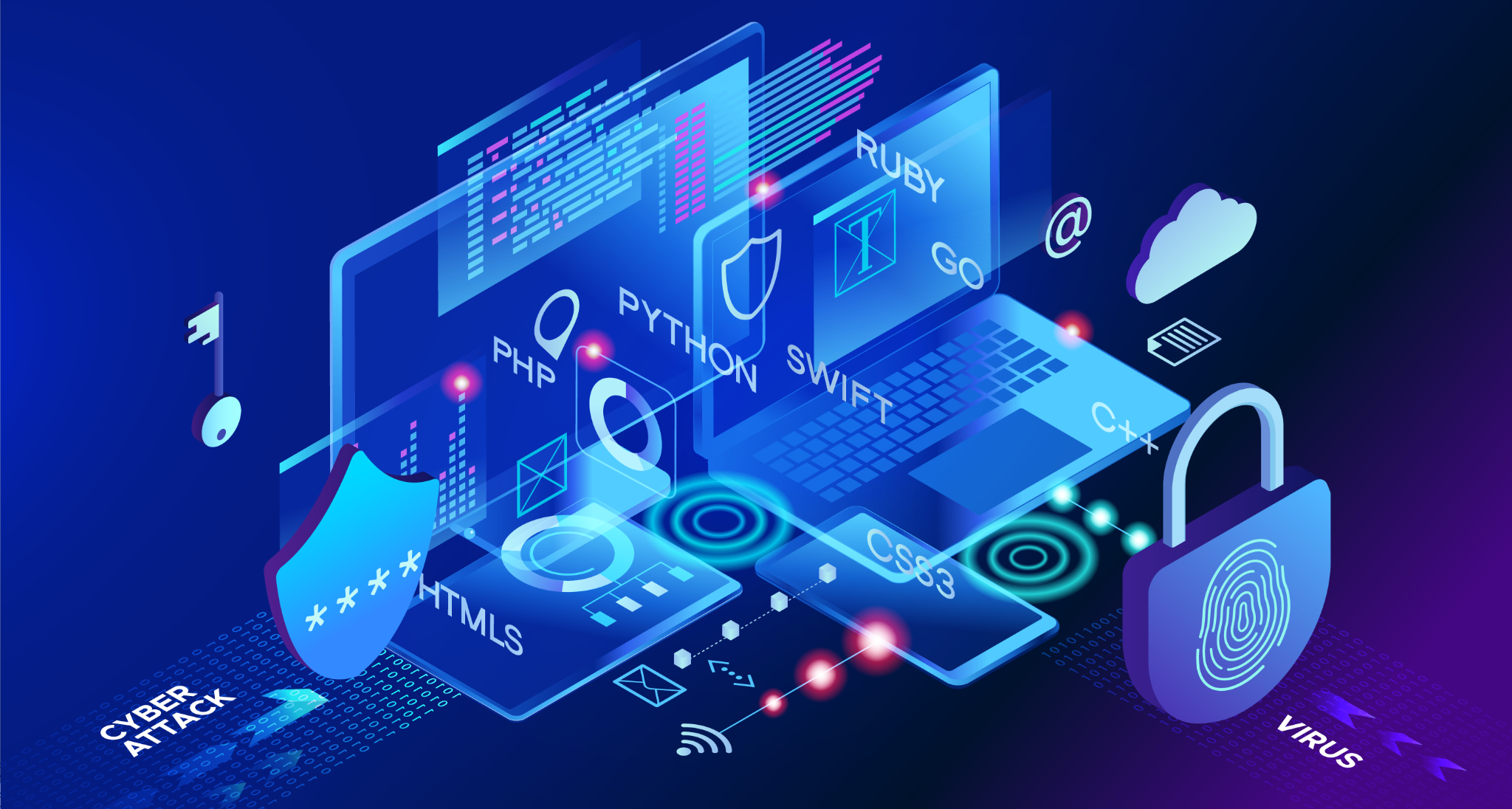In today’s digital age, where businesses increasingly rely on technology and the internet, cybersecurity has emerged as a critical component of organizational strategy. Cyber threats are becoming more sophisticated, and the consequences of data breaches can be devastating, leading to significant financial losses, reputational damage, and legal liabilities. As a result, prioritizing cybersecurity is not just an IT issue; it’s a fundamental business concern. Here are several compelling reasons why cybersecurity should be a top priority for every organization.

Table of Contents
Toggle1. The Growing Threat Landscape
Cyber attacks are on the rise, with hackers employing advanced techniques to breach defenses. From ransomware attacks to phishing schemes, the threats are diverse and evolving. According to a report by Cybersecurity Ventures, cybercrime will cost the world $10.5 trillion annually by 2025, making it one of the most lucrative criminal enterprises globally. Businesses of all sizes are vulnerable, and the costs associated with breaches are escalating. Prioritizing cybersecurity helps organizations mitigate these risks and protect their assets.
2. Protecting Sensitive Data
Organizations handle sensitive data daily, including customer information, financial records, and proprietary business insights. A breach can expose this information, leading to identity theft, fraud, and regulatory penalties. For instance, the General Data Protection Regulation (GDPR) imposes heavy fines on organizations that fail to protect personal data. By implementing robust cybersecurity measures, businesses can safeguard sensitive information, ensuring compliance with regulations and maintaining customer trust.
3. Maintaining Customer Trust
Trust is a cornerstone of any successful business relationship. Customers expect their personal and financial information to be protected. A significant data breach can shatter this trust, leading to a loss of customers and revenue. According to a survey by PwC, 85% of consumers won’t do business with a company if they have concerns about its security practices. By prioritizing cybersecurity, organizations can demonstrate their commitment to protecting customer data, enhancing brand loyalty and reputation.
4. Avoiding Financial Losses
The financial implications of a cyber attack can be staggering. Beyond the immediate costs of recovery and remediation, businesses may face legal fees, regulatory fines, and lost revenue due to downtime. According to IBM, the average cost of a data breach in 2023 was $4.45 million. By investing in cybersecurity measures, organizations can significantly reduce the likelihood of a breach, ultimately saving money in the long run.
5. Ensuring Business Continuity
Cyber attacks can disrupt operations, leading to downtime that affects productivity and revenue. Ransomware attacks, in particular, can lock organizations out of their systems until a ransom is paid. Prioritizing cybersecurity helps organizations establish robust incident response plans, ensuring they can recover quickly and minimize disruption. A proactive approach to cybersecurity enhances resilience, allowing businesses to continue operations even in the face of cyber threats.
6. Compliance with Regulations
As awareness of cyber threats has grown, so too have regulations governing data protection and cybersecurity. Laws such as GDPR, the Health Insurance Portability and Accountability Act (HIPAA), and the Payment Card Industry Data Security Standard (PCI DSS) require organizations to implement specific security measures. Non-compliance can result in hefty fines and legal repercussions. By prioritizing cybersecurity, organizations can ensure compliance with relevant regulations, protecting themselves from legal liabilities.
7. Empowering Employees
Employees play a crucial role in an organization’s cybersecurity posture. Human error is a leading cause of data breaches, often stemming from a lack of awareness or training. By prioritizing cybersecurity, organizations can implement training programs that educate employees about potential threats and best practices for protecting sensitive data. Empowering employees with knowledge reduces the risk of breaches and fosters a culture of security within the organization.
8. Staying Competitive in the Market
In today’s competitive business environment, organizations that prioritize cybersecurity have a distinct advantage. Consumers are increasingly aware of data security issues and are more likely to choose businesses that demonstrate a commitment to protecting their information. By investing in cybersecurity, organizations can differentiate themselves in the marketplace, attracting and retaining customers who prioritize security.
Conclusion
In an era where cyber threats are pervasive and continuously evolving, prioritizing cybersecurity is essential for every organization. By understanding the risks, protecting sensitive data, maintaining customer trust, avoiding financial losses, ensuring business continuity, complying with regulations, empowering employees, and staying competitive, businesses can create a secure environment that fosters growth and innovation. Cybersecurity should not be viewed as an optional expense but as a critical investment in the future of the organization. Embracing cybersecurity as a top priority is not only a smart business decision but also a necessary step in safeguarding the organization against the ever-present threat of cybercrime.


No responses yet